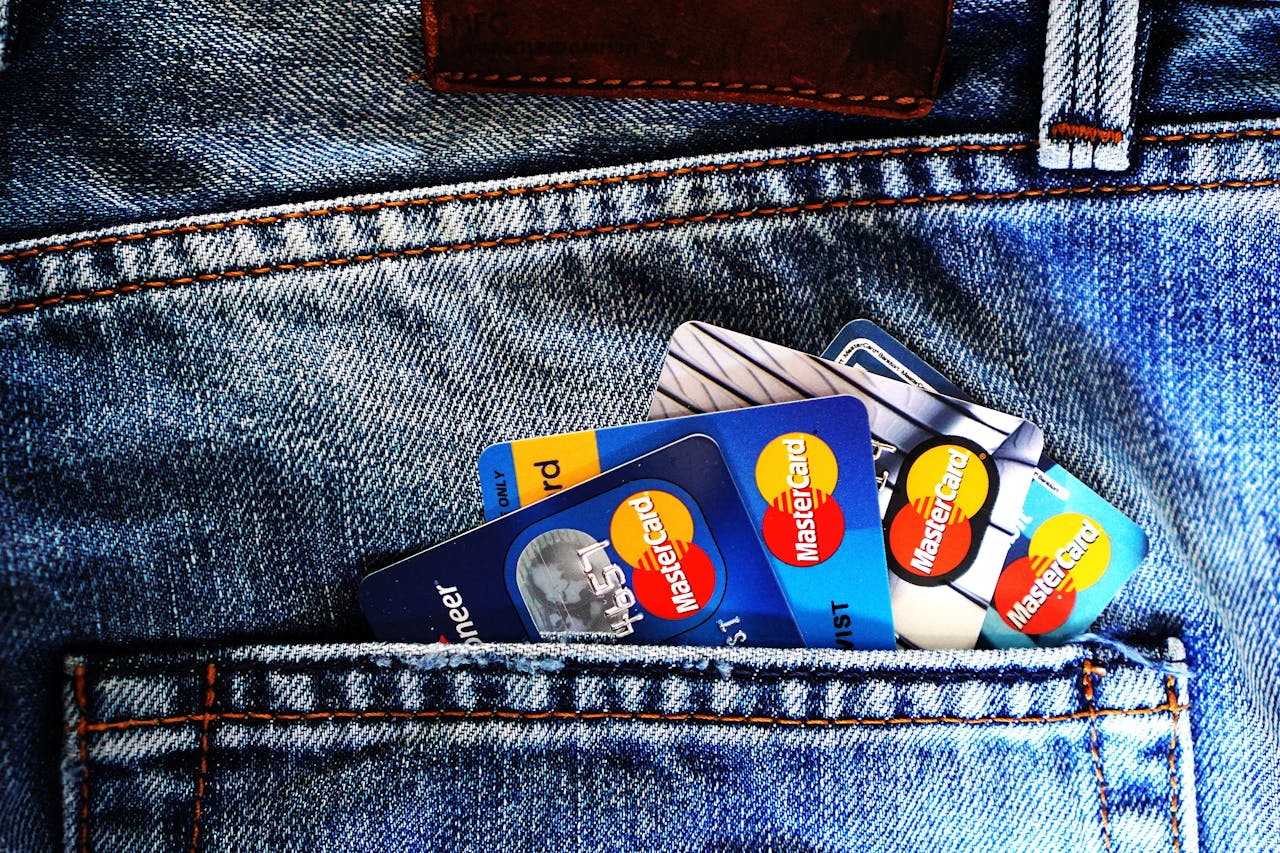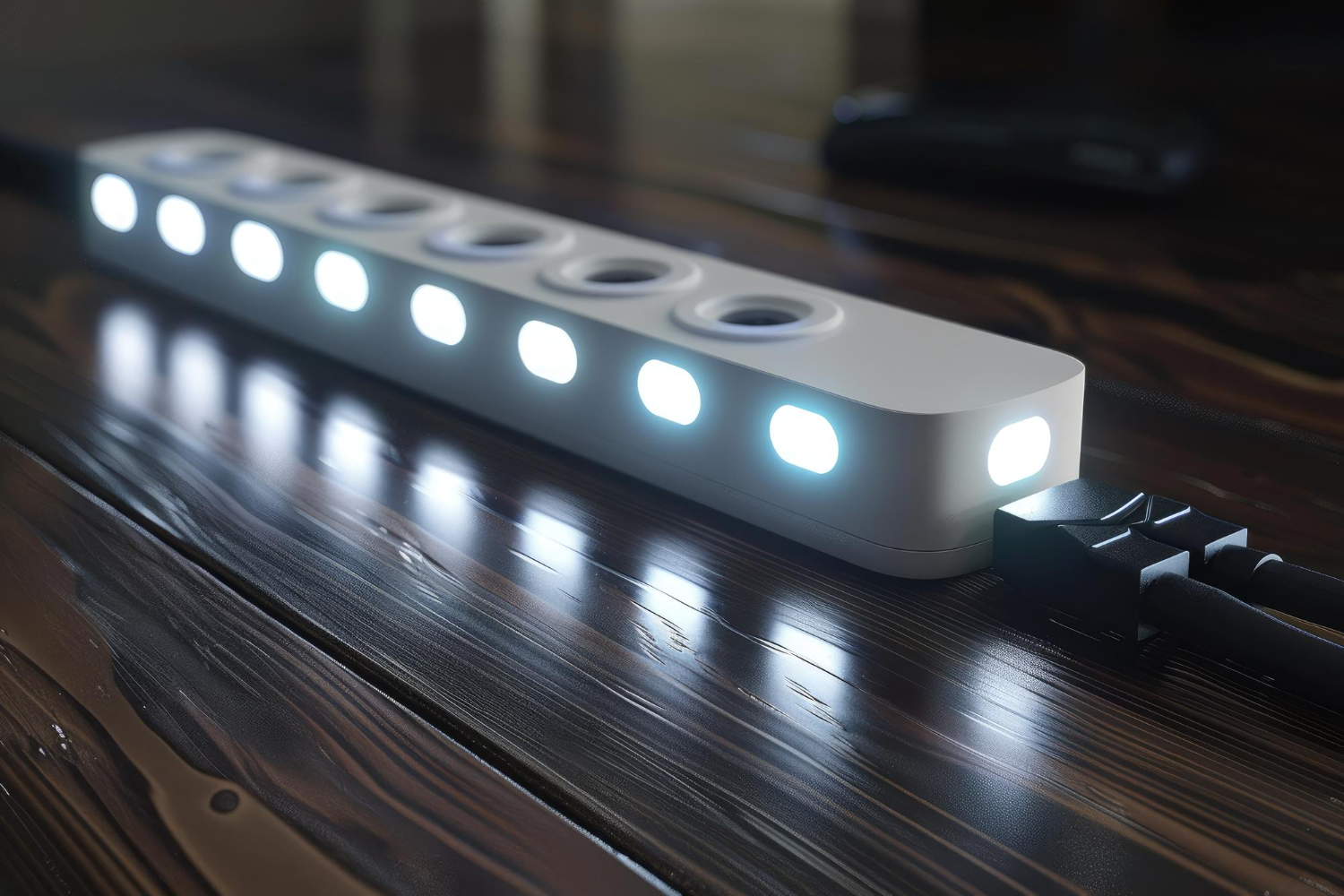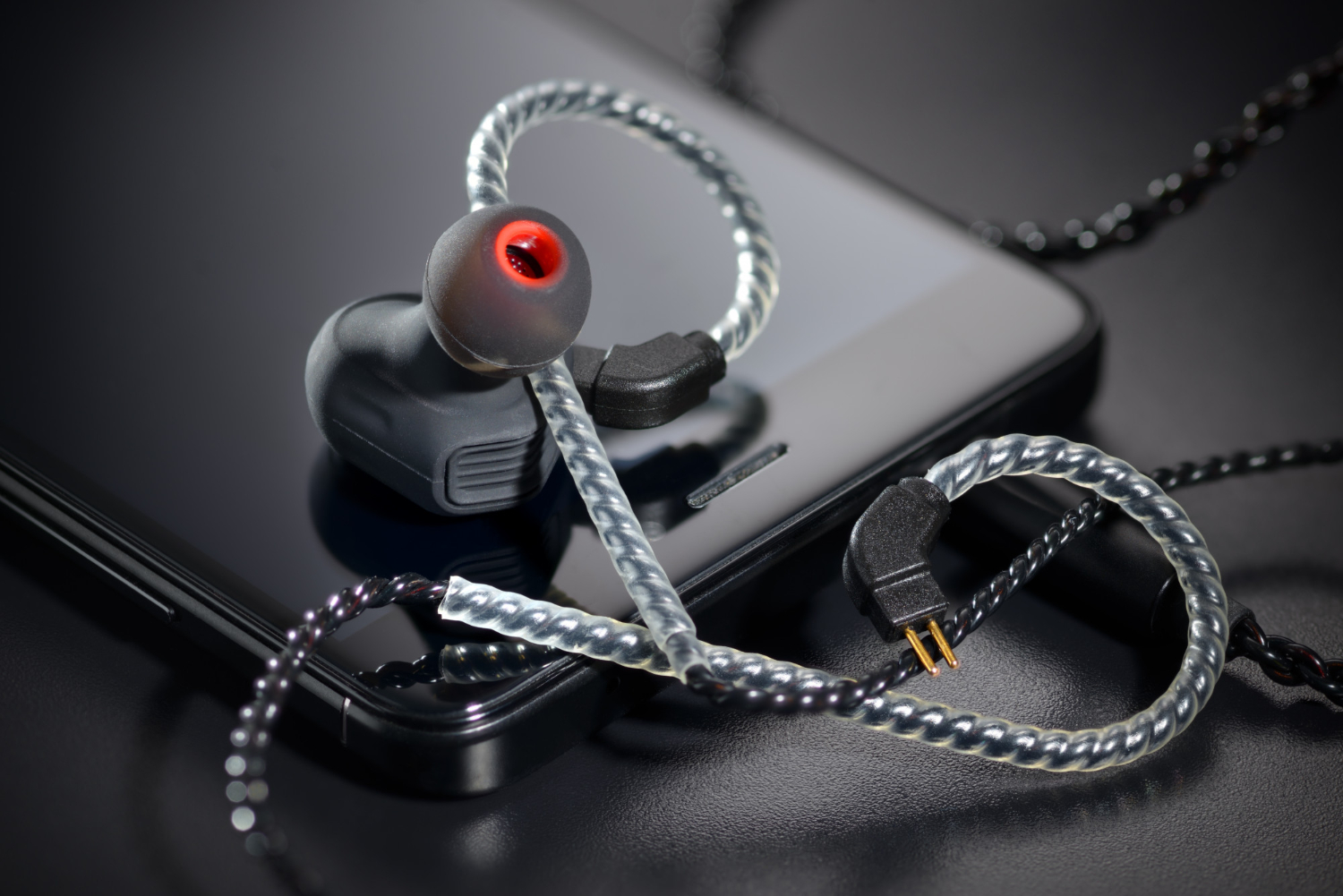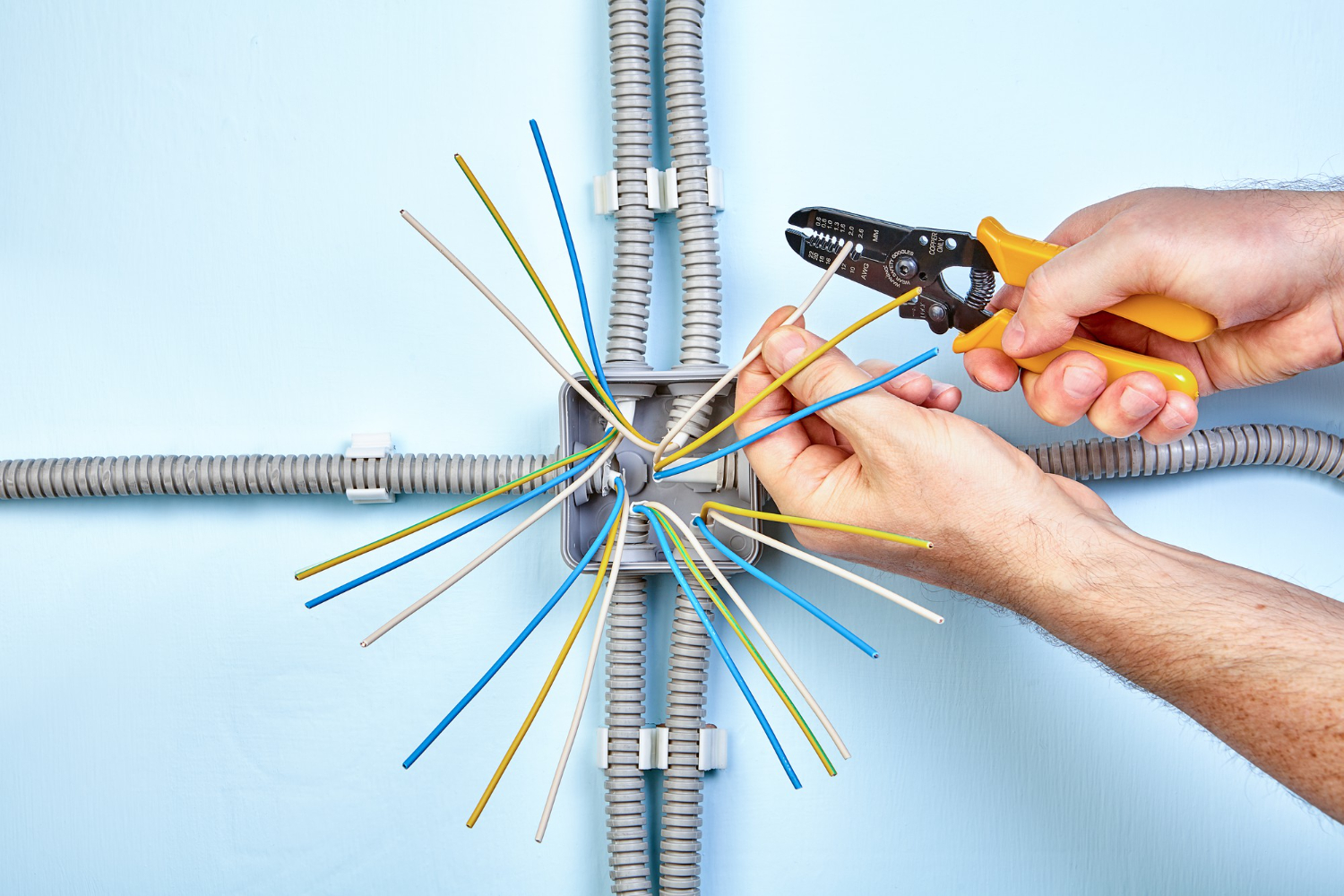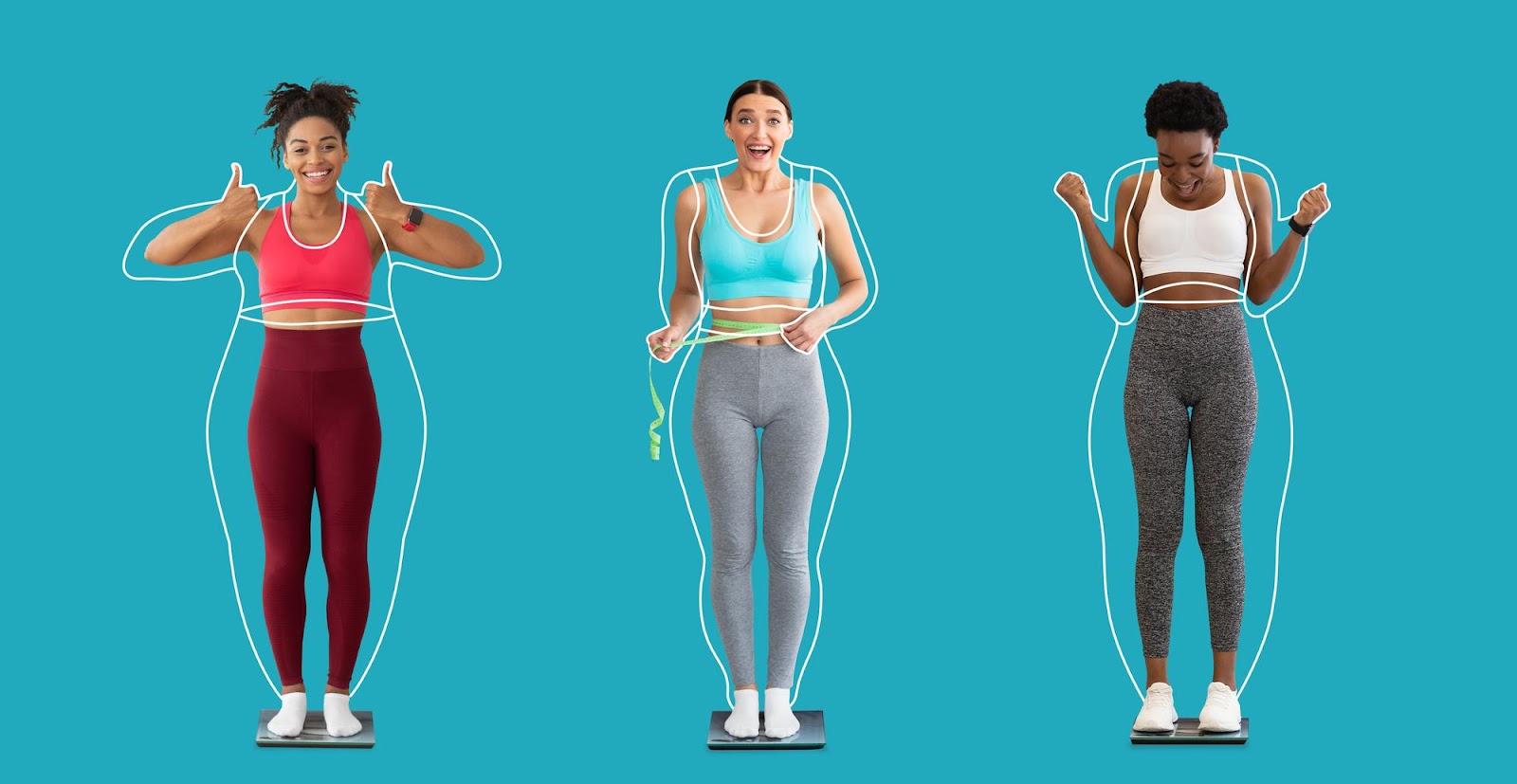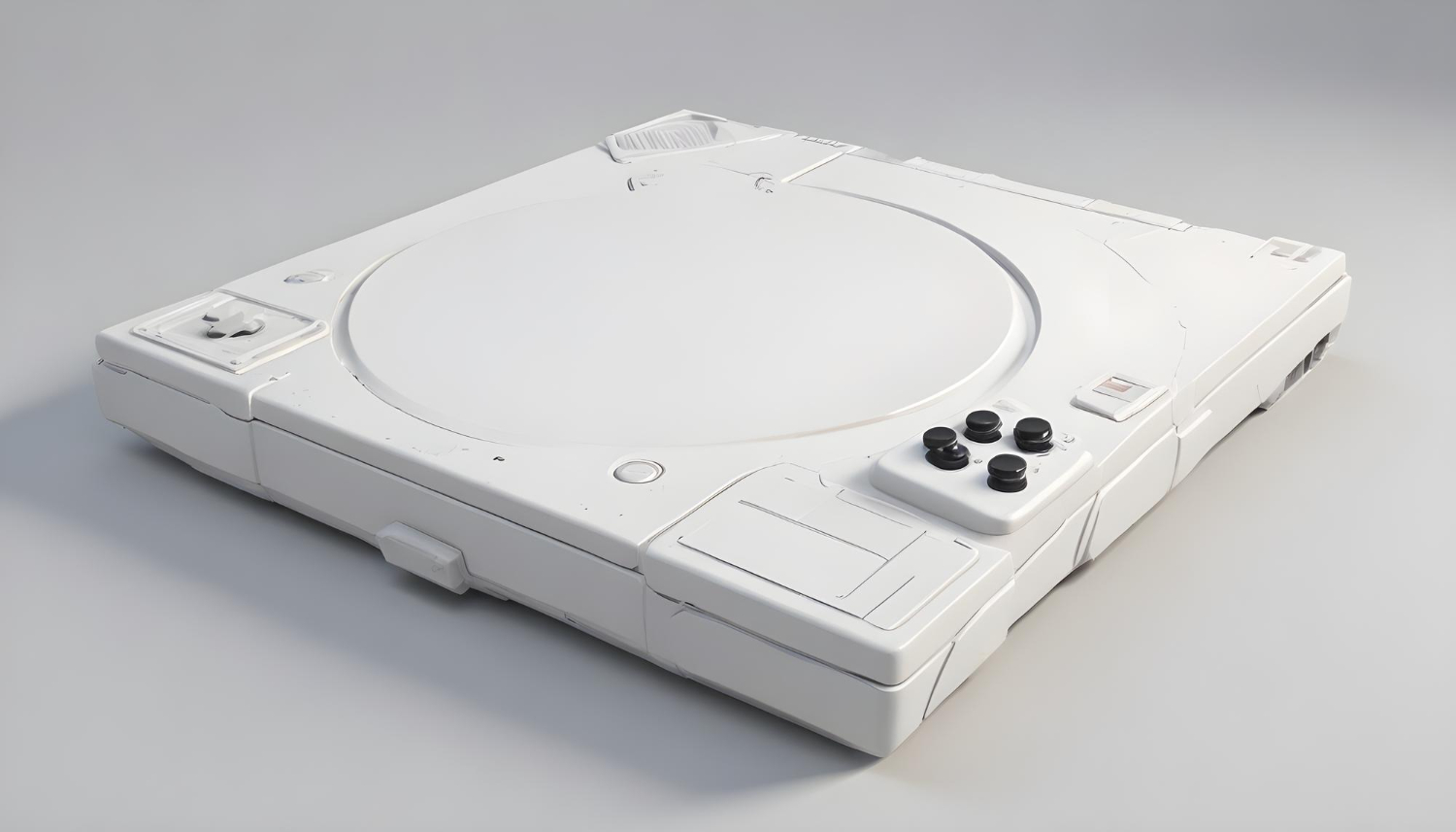Have you ever found yourself questioning the compatibility of your LED lights and adapters? You’re not alone. Many people are uncertain about using different wattage adapters with their LED lights, especially when it comes to using a 24W adapter with a 12W LED light. Understanding the compatibility between LED lights and their adapters is crucial for ensuring safety, optimal performance, and longevity of your lighting setup.
In this blog post, we will demystify the topic of LED light compatibility with adapters. We’ll address common questions and misconceptions, provide a straightforward answer to whether you can use a 24W adapter with a 12W LED light, and guide you through the technical considerations. We’ll also offer practical tips on choosing the right adapter and highlight the potential risks of using incorrect adapters. Let’s get started!
Understanding LED Lights and Adapters
What is an LED Light?
LED (Light Emitting Diode) lights have revolutionized the lighting industry. Unlike traditional incandescent and fluorescent lights, LEDs are energy-efficient, long-lasting, and environmentally friendly. They work by passing an electrical current through a semiconductor, which emits light. The advantages of LED lights over traditional lighting options include lower energy consumption, reduced heat output, and a longer lifespan.
How LED Adapters Work
Adapters play a critical role in powering LED lights. They convert the AC (alternating current) from your power outlet into the DC (direct current) required by LED lights. Each adapter has a specific wattage rating, indicating the maximum power it can supply. For instance, a 24W adapter can provide up to 24 watts of power, while a 12W adapter can supply up to 12 watts.
Can I Use a 24W Adapter with a 12W LED Light?
The straightforward answer is no, you should not use a 24W adapter with a 12W LED light. While it might seem convenient, using an adapter with a higher wattage than needed can lead to potential risks and safety concerns.
Technical Considerations
When it comes to voltage and wattage compatibility, it’s essential to match the adapter to the LED light’s specifications. Using an adapter with a higher wattage can result in:
- Overloading the LED light, causing it to overheat and potentially get damaged.
- Reduced lifespan of the LED light due to excessive power input.
- Increased risk of electrical hazards, such as short circuits or fires.
Benefits of Using the Correct Adapter
Safety
Using the correct adapter reduces the risk of electrical hazards. Ensuring that the adapter’s wattage matches the LED light’s requirements prevents overheating and potential damage to the light and adapter. This alignment also enhances the longevity of the LED light, ensuring it functions optimally for its intended lifespan.
Performance
The right adapter ensures optimal brightness and efficiency of the LED light. It helps avoid issues like flickering or inconsistent light output, providing a stable and reliable lighting experience. Using the correct adapter guarantees that the LED light performs at its best, delivering the desired illumination.
How to Choose the Right Adapter for Your LED Light
Step-by-Step Guide
1. Check the LED Light’s Specifications:
Start by examining the specifications of your LED light. Look for details like voltage and wattage requirements, typically found on the packaging or the light itself.
2. Match the Voltage and Wattage:
Ensure that the adapter’s voltage and wattage match the LED light’s requirements. For instance, if your LED light requires 12W, use a 12W adapter.
3. Consider the Environment and Usage:
Think about where and how you’ll be using the LED light. If it’s for outdoor use or in a high-moisture area, opt for adapters with appropriate IP ratings.
4. Look for Quality Certifications and Safety Standards:
Choose adapters that meet industry safety standards and have quality certifications. This ensures reliability and safety.
5. Read User Reviews and Manufacturer Recommendations:
Check reviews and recommendations to gauge the adapter’s performance and reliability. Trusted brands with positive feedback are often a safer choice.
Common Mistakes to Avoid
Overloading the LED Light
Using an adapter with a higher wattage than required can overload the LED light. Overloading can cause the LED components to overheat, leading to reduced lifespan and potential damage. Always match the adapter’s wattage to the LED light’s specifications to avoid overloading.
Using Low-Quality Adapters
Cheap, uncertified adapters may save you money initially, but they come with significant risks. Low-quality adapters can fail prematurely, cause inconsistent light output, and even pose safety hazards. Invest in reliable, certified adapters from trusted brands to ensure safety and performance.
Conclusion
Understanding LED light compatibility with adapters is essential for safety, performance, and longevity. Using the correct adapter ensures optimal brightness, reduces the risk of electrical hazards, and enhances the overall lighting experience. Always match the adapter’s wattage and voltage to the LED light’s requirements, invest in quality adapters, and avoid common mistakes like overloading.
For further guidance and expert advice on LED lighting solutions, feel free to explore our resources or reach out to our team. By making informed choices, you can enjoy the benefits of LED lighting while ensuring safety and efficiency.
Ready to find the perfect adapter for your LED lights? Sign up for our newsletter and stay updated with the latest tips, exclusive deals, and expert insights. Join our community of lighting enthusiasts today!
FAQs
Can I use 24V on 12V LED lights?
No, using a 24V adapter on 12V LED lights is not recommended. The voltage difference can damage the LED lights, cause overheating, and create safety hazards. Always use an adapter with the same voltage rating as the LED lights.
What is 12W LED light equivalent to?
A 12W LED light is approximately equivalent to a 60W incandescent bulb in terms of brightness. LED lights are more energy-efficient, providing the same level of illumination with significantly lower wattage.
What happens if you use a LED light bulb with greater wattage?
Using an LED light bulb with greater wattage than the fixture allows can cause overheating and damage. However, LED bulbs typically use less power than their incandescent equivalents, so ensure the actual wattage is within the fixture’s limits.
What is 24W LED equivalent to?
A 24W LED light is roughly equivalent to a 150W incandescent bulb in terms of brightness. LEDs provide higher luminosity with lower energy consumption, making them more efficient.
